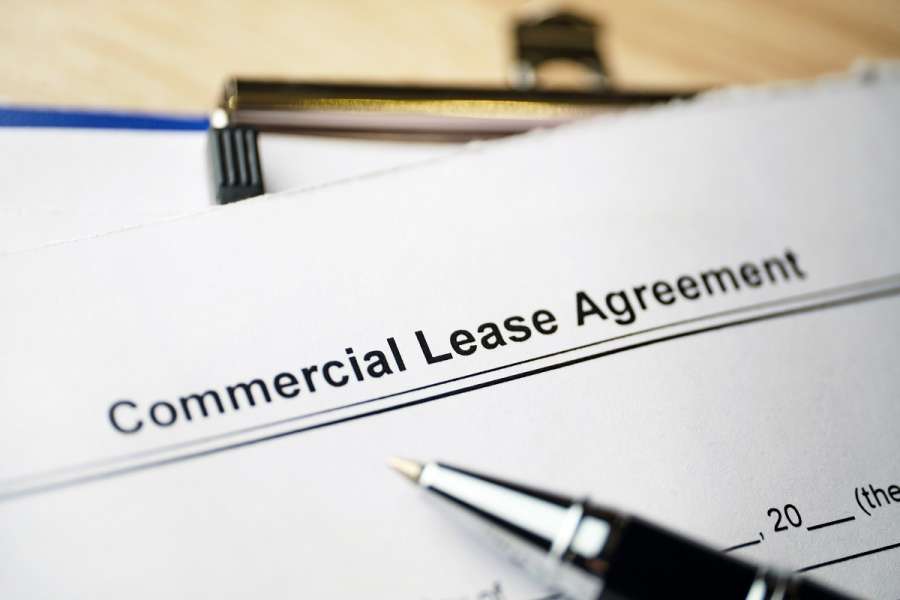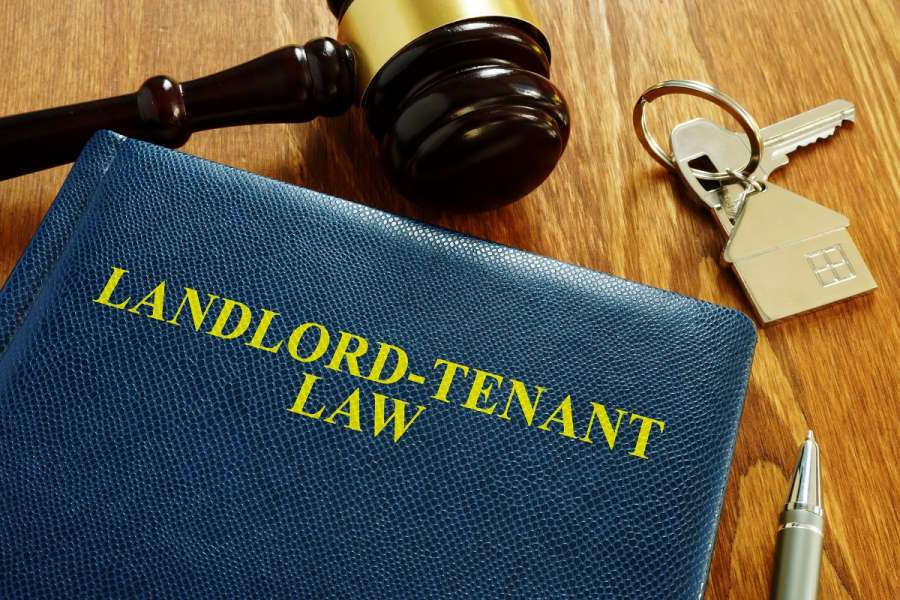There are various reasons why the parties to a lease may wish to ‘extend’ the term of the commercial lease, which is about to expire and does not have security of tenure (meaning the tenant has no statutory rights to remain in the premises at the end of the term).
The parties may be negotiating a new lease of the premises, which will not be ready before the end of the term, or, if the tenant is vacating, they may need additional time to move their belongings or to deal with terminal dilapidations.








